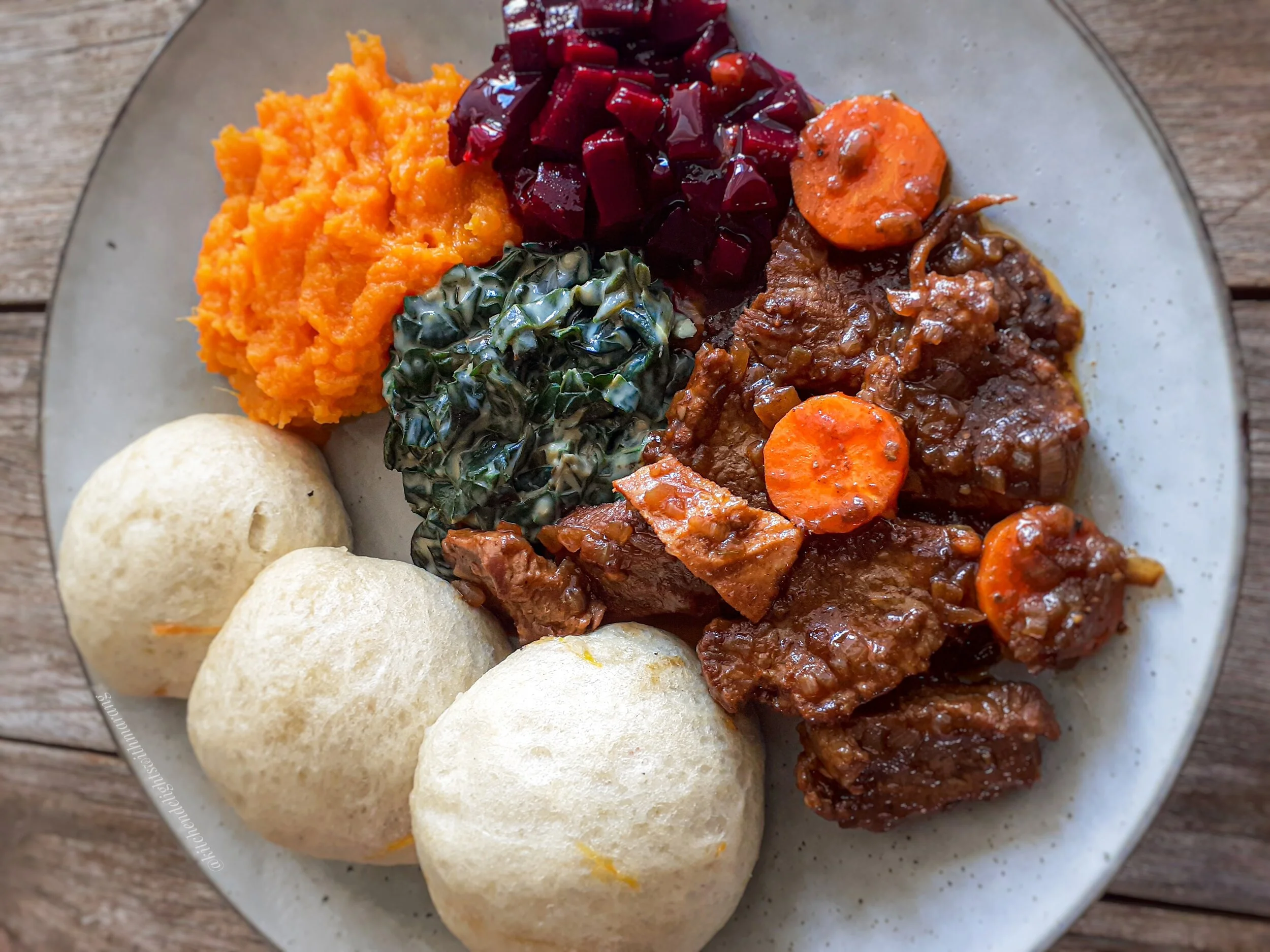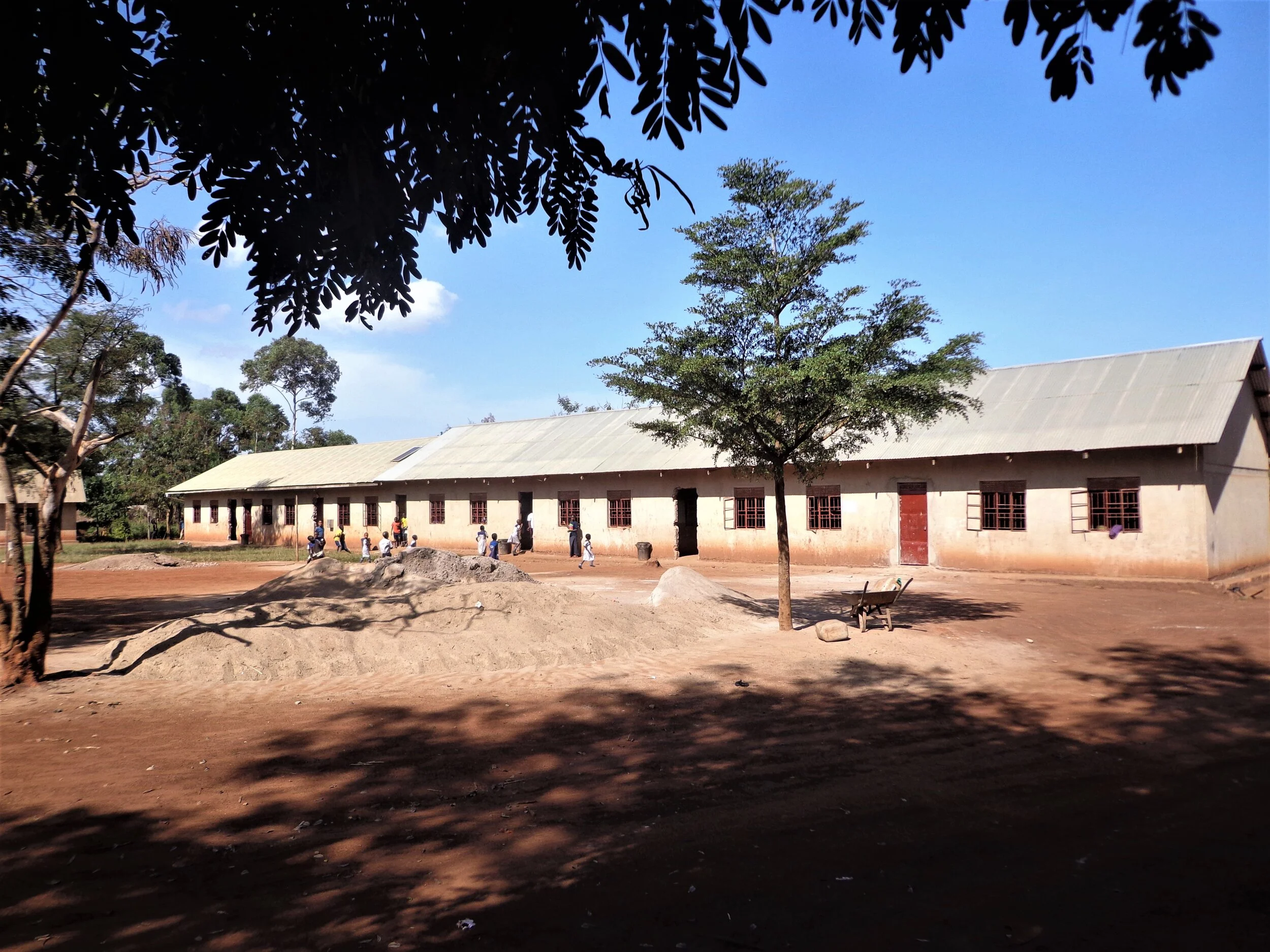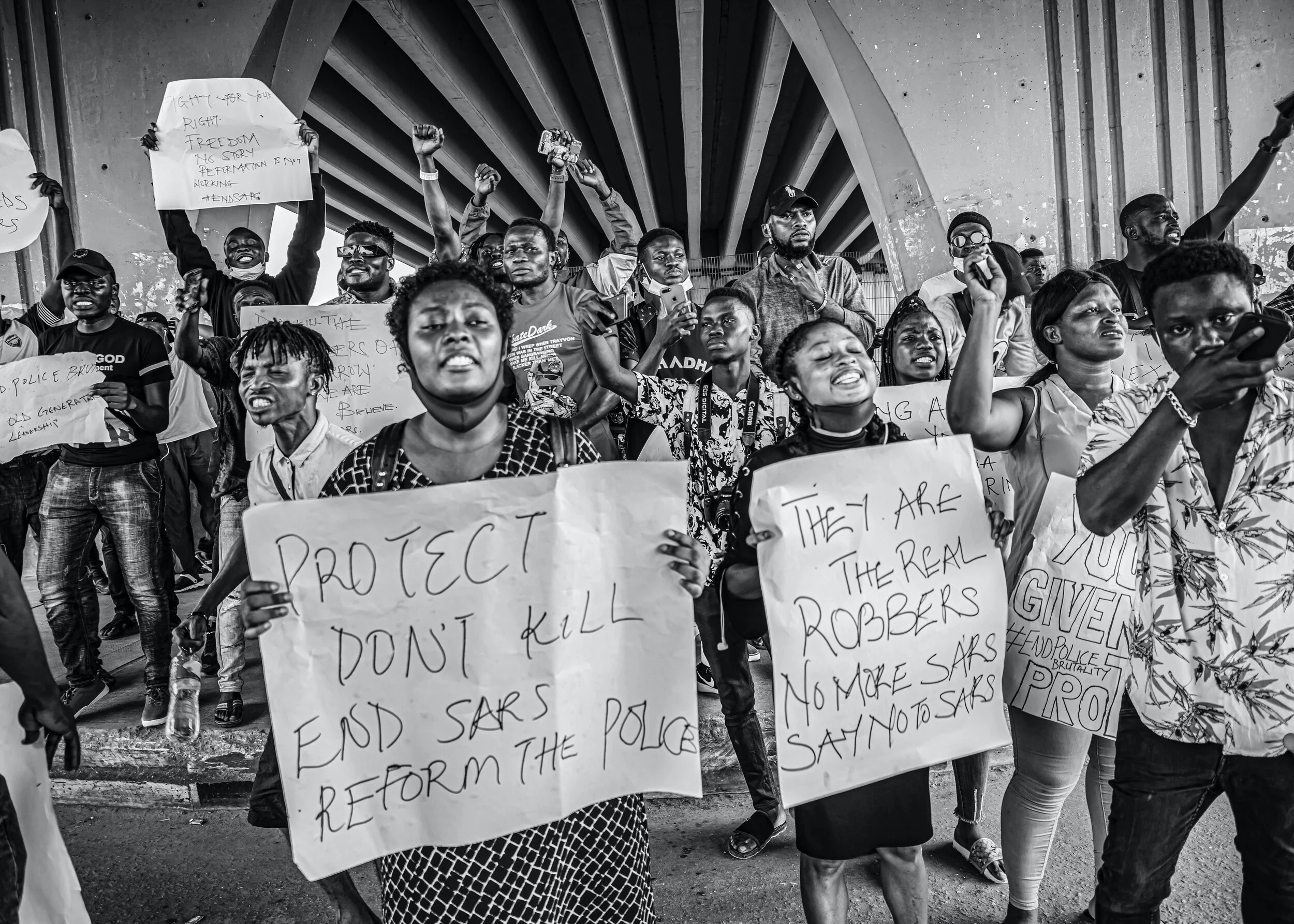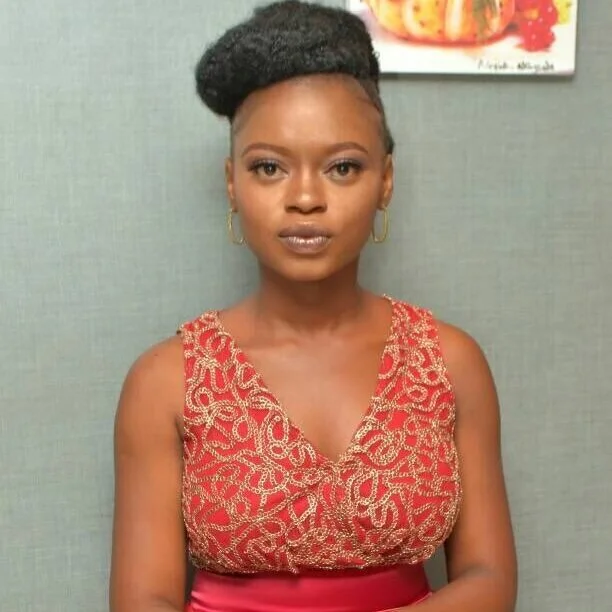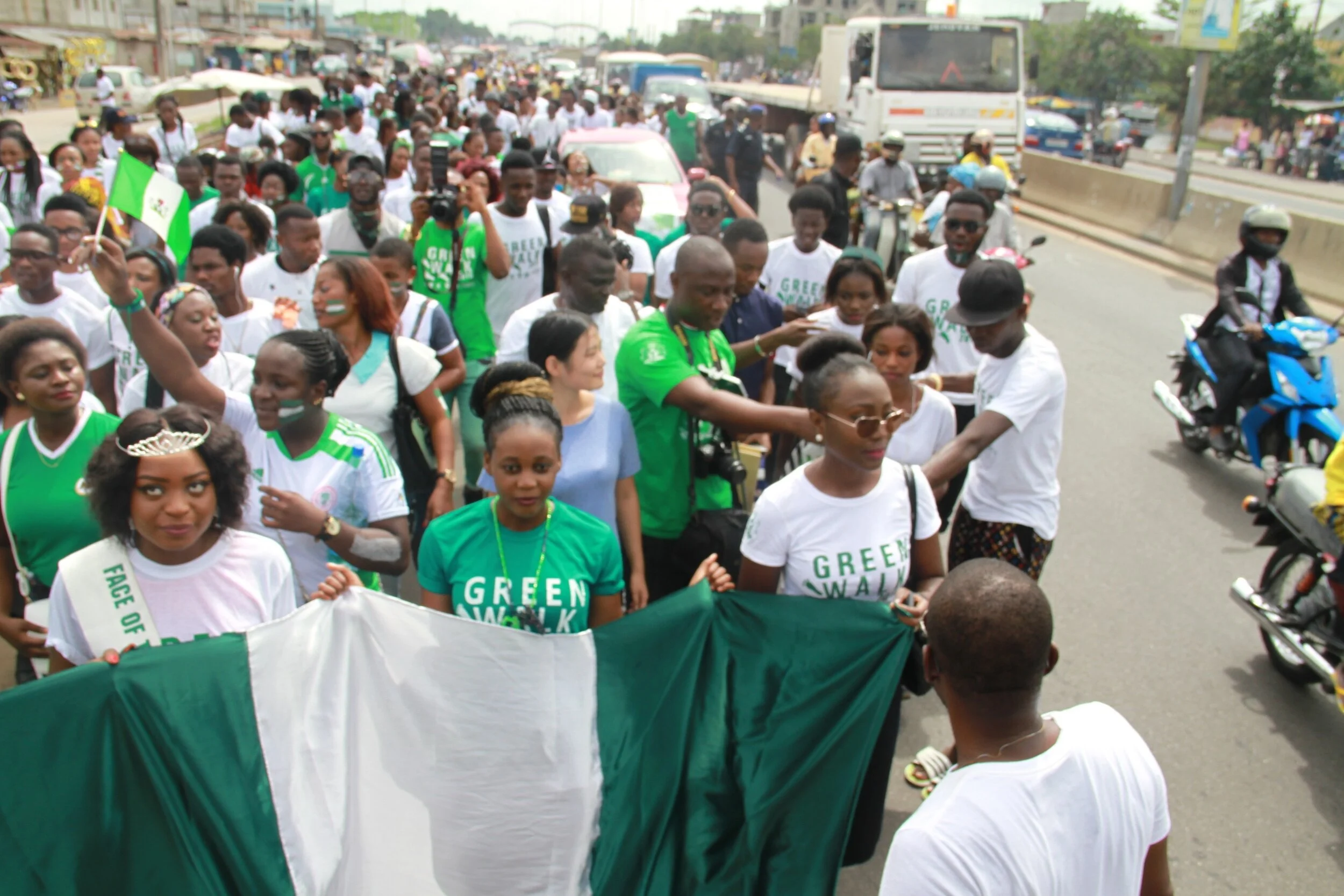Nigeria's Comedy Scene Wallows in Sexism
Nigeria’s comedy scene has a misogyny problem
Nigerians have a good sense of humour and certainly enjoy having a good laugh. It’s almost sacrilegious to host a corporate event, wedding party, or an award show without incorporating the wit of a comedian, some of whom are paid millions of naira to perform for a few short minutes. Indeed, comedy is booming in Nigeria, having morphed from a side hustle in the mid-’90s to a serious, full-fledged business.
But as with most male-dominated fields, Nigeria’s comedy scene has a misogyny problem, with women being the butt of jokes.
I saw this first-hand as a writer for a new political satire show mirrored after Comedy Central’s “The Daily Show”—the first of its kind in Nigeria. The writers’ room, which should be a safe, experimental space for unfiltered material, was a den for ribald jokes crafted by some male co-workers and aimed at female colleagues. Rude comments about women’s body parts and filthy sex jokes were par for the course. Once, while reproaching a male co-worker in our weekly meeting for implying I had given another colleague oral sex, he grew indignant, asking how many followers I had on social media as though human worth and dignity are determined by popularity.
During my stint on the show’s first season, I also experienced a subtler form of sexism, the kind that seeks to gently drown out a woman’s voice. Case in point, after an episode’s post-mortem, the self-professed feminist CEO of the US production company responsible for the show reduced my critique of the host’s performance to a case of petty animosity and repressed passions. As if that wasn’t bad enough, said CEO roughly grabbed my arm to make me to stand next to a colleague, inexplicably expected me to take permission from him to use the bathroom as he addressed the team, struck me on the shoulder with a folded book to get my attention rather than say my name, then topped off his repugnant antics by harassing me, a writer he hired and could, hence, fire, to sleep with him. Suffice to say, I handled the situation in a deservedly Machiavellian fashion.
On another occasion, the male head writer asked that I “tone down” a feminist segment I’d written skewering gender-based violence. Since the show doesn’t permit curse words, “tone down” was not referring to expletives; it was simply code for “enough with the feminism.”
This bias and desire to coddle men’s egos and maintain patriarchal social structures is what motivated the show’s host to unilaterally change a question I had prepared for a guest, which explored the sexist reasoning behind asking women—but not men—how they balance work and family life. It also explains why the host, a man, concurred with a female guest’s misguided remark that women are guilty of provoking men into beating them, and why the male line producer cued the zombified audience to applaud her statement. And applaud they did.
Nigeria’s popular stand-up scene is no better at respecting women either, with novices and established comedians alike featuring jokes in their act that demean women. In one set, a comic advised men not to hit their wives but instead “shake them” violently enough to give them a headache, to the amusement of his audience. Another mocked the idea of marital rape, claiming the bride price entitles men to sex whenever they want it. He also went on to praise the Nigerian police for dismissing such frivolities, unlike cops in the West.
Last year, a famous comedian drew the ire of Nigerians for making light of a “Big Brother” housemate’s sexual impropriety towards a female contestant, joking that the man couldn’t contain himself. What’s more, he objectified the woman in question on stage, spinning her around to “show your goods.”
Forced to apologize, the comedian’s watery mea culpa illustrated a lack of empathy and understanding as to why his joke was distasteful. Not only did he explain the act as “pure comedy,” he reiterated to Nigerians that the deviant contestant—who was dismissed from the reality show for his behaviour—“deserves total forgiveness because he has asked for it.”
Naturally, in patriarchal societies like Nigeria, men can act inappropriately towards women and expect to be pardoned by merely asking for it. Women, on the other hand, are automatically expected to forgive and move on with their lives as though female dignity and trauma are trifling inconveniences.
While the #MeToo and #TimesUp movements in the U.S. have exposed the virulent sexism of comedians like Louis C.K. and caused men to re-evaluate their interactions with women, no similar campaigns in Nigeria have gained enough momentum to force comedians to contend with their sexist material.
“Basically, patriarchy is unapologetic in Nigeria [and] guards jealously its turf,” says Nigerian culture critic and journalist Molara Wood, noting Nigeria has been slow to respect women’s rights and that many women have been conditioned to accept misogyny as the norm.
“This is reflected in comedic acts, with many stars reaching for crude tropes for cheap laughs, and the audience—including women—co-sign by laughing along,” Wood adds.
This is not just bad for women. It’s bad for everyone who hears this debasement bolstered in entertainment, especially in a country that is the ninth-most dangerous place to be a woman, according to the Thomson Reuters Foundation. Survivors of domestic and sexualized violence in Nigeria are routinely stigmatized and bullied into silence, and ridiculing them in the name of comedy is mean, unproductive and dangerous.
“I think that sexist language and rape jokes do have some power in promoting sexual violence,” says Chioma Omeruah, one of Nigeria’s foremost female comedians, who is better known as Chigul. For that reason, she believes such jokes should not be part of a comic’s repertoire.
But few comedians, as long as they’re rewarded with laughs, sold-out shows, and lucrative sponsorship deals, will deliberately alter a popular routine despite its crassness. For change to happen, activists, audiences, and even comedians themselves have to demand better material by boycotting sexist shows and pressuring corporate bodies, event planners, and venues to sever ties with errant comics.
“Let us remember it was a male comedian’s denunciation of rape that led to the reckoning that should now see Bill Cosby ending up in jail in his twilight years,” says Wood, referring to a bit performed in 2014 by American comedian Hannibal Buress in which he tears down Cosby’s self-righteousness by calling him out for raping women.
When it comes to having a similar kind of reckoning, Wood says, “Nigerian comedians have no excuse.”
A version of this story was published by the Women's Media Center.
You May Also Like





